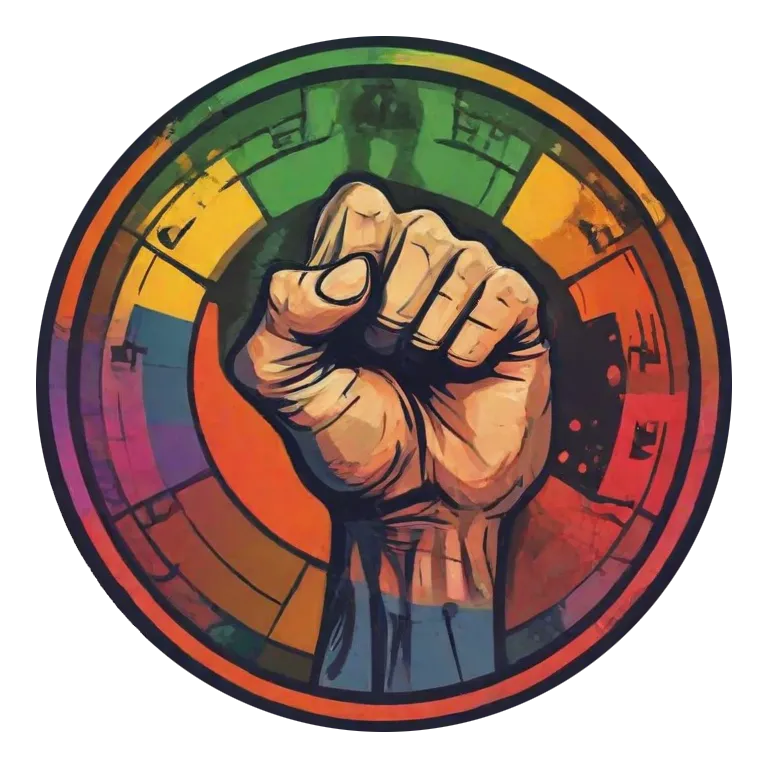

Klingt nach einem guten Ansatz, der in vielen Fällen bestimmt weiterhelfen kann - Ausnahmen wären extrem starke Phobien, da kann so etwas auch nach hinten losgehen. Heftige Phobien werden oft von sehr selbstabwertenden Gedanken begleitet, da ist es wirklich sehr nützlich, diese vorab zu identifizieren und dann mit jemandem gemeinsam in die Konfrontation zu gehen, der die Gedanken im Akutfall auf eine freundliche und kompetente Weise beantworten kann. Muss natürlich kein Therapeut sein, aber die haben es jedenfalls gelernt. Aber ein Versuch wäre es aus meiner Sicht auf jeden Fall wert.
Was bestimmt auch noch nützlich ist in der Selbstbehandlung wäre eine große Handvoll Infos. Zu verstehen, wie Angst funktioniert, warum wir die haben (und warum die auch richtig gut und wichtig ist) und was im Moment der Konfrontation genau abläuft (und dann ggf. in die selbstabwertende Gedankenspirale führt) hilft oft schon, weil etwas zu verstehen einem immer auch ein bisschen das Gefühl der Kontrollierbarkeit gibt.
Und auch noch wichtig: Wertschätzung, Wertschätzung, Wertschätzung. Wahrscheinlich das schwierigste in der Selbstbehandlung. Nicht auf sich rumhacken und jeden Erfolg richtig abfeiern. Wenn man das hinbekommt oder jemanden dazu instruieren kann, dabei zu helfen, dann kommt man bestimmt schon richtig weit.










Aber früher schon? Das wär ja schon voll der große Fortschritt. Bestimmt kannst du das gleiche auch für die Kleinen schaffen.
Finde ich gar nicht mal so überraschend. Die kleinen bewegen sich ja ziemlich anders als die großen - und man begegnet ihnen häufiger. Wie gesagt, ich wäre da sehr zuversichtlich, auch diese Angst mittelfristig in den Griff zu bekommen; die Frage ist einfach, ob man den Aufwand dafür investieren möchte.